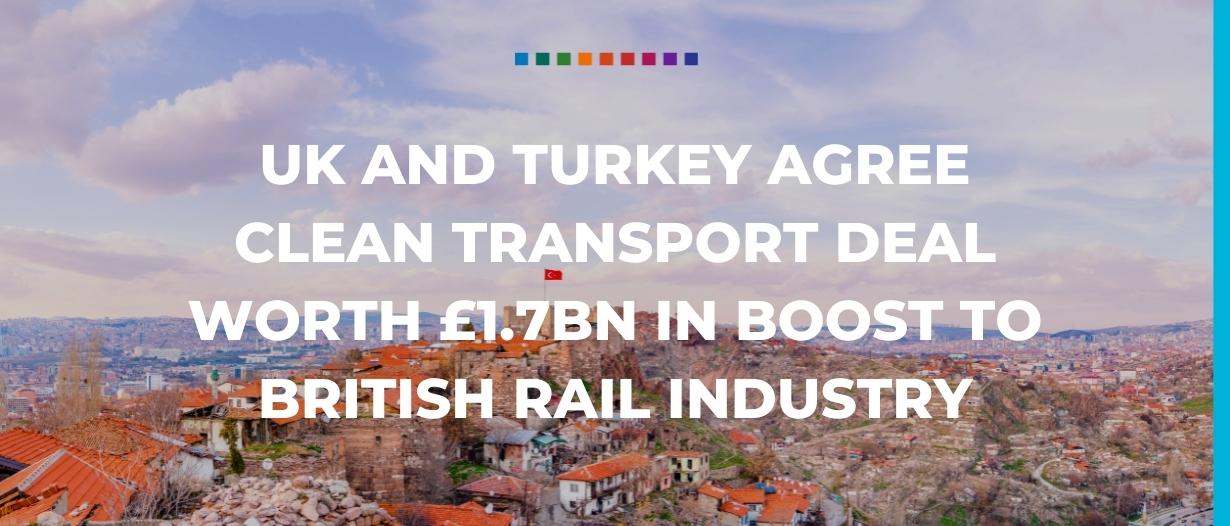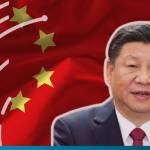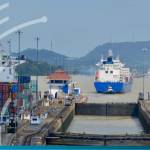The UK has signed a landmark trade finance deal with Turkey that will support the construction of a major new railway.
UK Export Finance (UKEF), the UK’s export credit agency, has announced it will provide support of £1.7 billion (€2.1 billion) to the project – its biggest civil infrastructure deal to date.
The guaranteed €2.1 billion loan will fund the construction of a 503km high-speed electric railway from the capital Ankara to the port city of Izmir.
When complete, the new line will provide a faster, lower-carbon alternative to current air and road routes between the two cities, helping to fulfil Turkey’s climate change commitments made at COP26.
We’re backing a £1.7bn green financing deal for the construction of a ????high-speed electric railway line in ???????? Turkey.
— UK Export Finance (@UKEF) March 17, 2022
????This landmark deal will help decarbonise travel whilst securing major ????♂️ contracts for ???????? UK companies of all sizes.
????https://t.co/jUerNbKgQn
The deal will secure contracts for UK companies to supply to the project, with several nine-figure deals for UK companies close to being agreed upon.
UK companies are expected to supply British-made railway lines, turnouts, point machines, fasteners, material and equipment for signalling, telecommunication and electrification systems, and insurance and freight services.
Engineering and construction giants ERG International Group is using its ties with the UK supply chain to support the project.
International Trade Secretary Anne-Marie Trevelyan said: “Turkey is a vital trading partner for the UK. Our shared global outlook on free trade and the environment is the driving force behind economic growth in our two nations.
“It is fitting that UK Export Finance’s biggest ever civil infrastructure deal is strongly sustainable. This is a proud moment for the UK railway industry, using its industrial roots to reduce emissions in heavily polluted cities.”
The €2.1 billion green financing will be guaranteed by UKEF through its Buyer Credit Scheme, with Credit Suisse and Standard Chartered structuring and coordinating banks arranging the transaction.
This is the first UK-supported rail transaction in Turkey for over 160 years, and forms part of Turkey’s plan to transform high-speed rail in the country.
The bilateral trading relationship between the UK and Turkey was worth £17.5 billion in the four quarters to the end of Q3 2021, increasing by £1.4 billion from the same period in 2020.



























